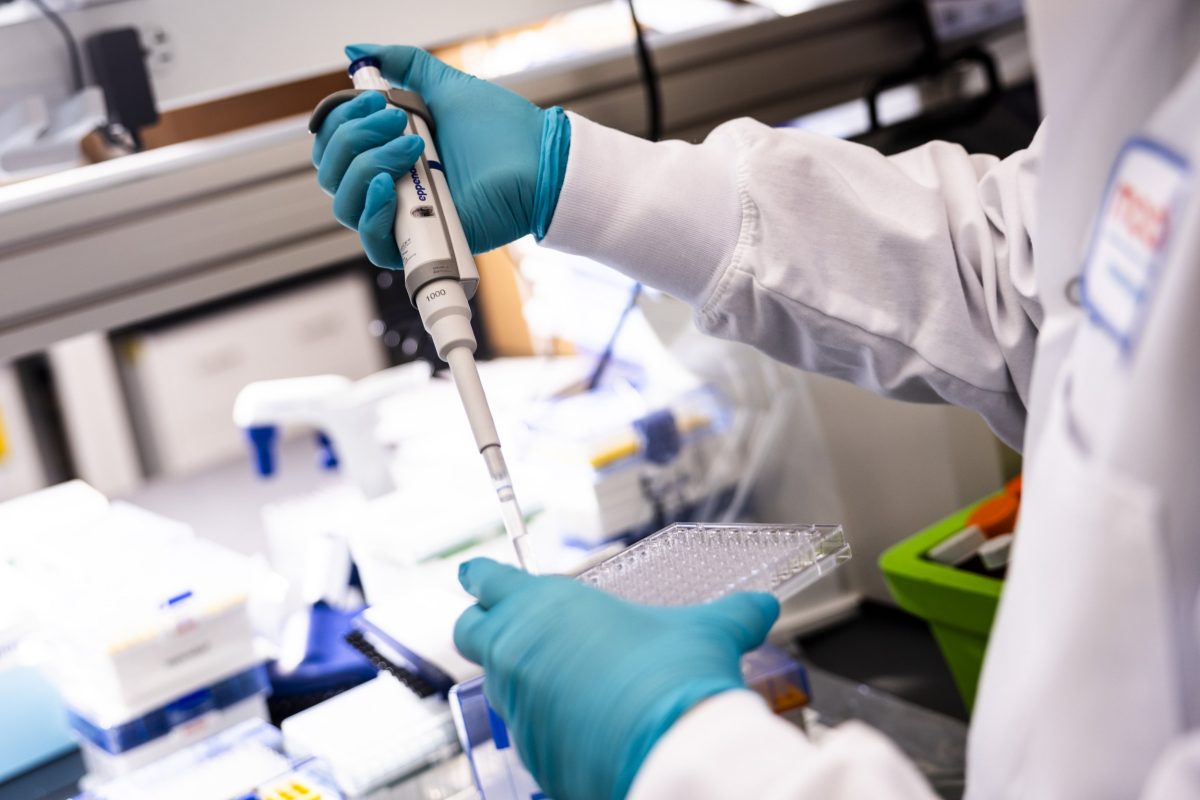
A New Era in Cancer Treatment: mRNA Vaccines for Head and Neck Cancers
In a groundbreaking move, patients in England with advanced head and neck cancers are now participating in a trial of a “potentially transformative” new vaccine. This initiative is part of the NHS's broader strategy to explore personalized treatment options for cancer patients.
The first group of patients has already received the vaccine, which utilizes mRNA technology to train the immune system to identify and combat cancerous cells. The trial is set to expand over the next 12 months, with approximately 100 more individuals expected to join at 15 hospitals across the country. The NHS aims to eventually recruit thousands more patients for various types of cancer in the coming years.
Who Is Eligible for the First Cancer Jabs?
Head and neck cancer refers to a range of cancers that affect areas such as the mouth, throat, and voice box. Each year, around 11,000 new cases are diagnosed in England. While there have been improvements in care, advanced forms of this disease remain challenging to treat, with high recurrence rates and two-year survival rates below 50%.
This innovative vaccine trial is being conducted through the NHS Cancer Vaccine Launch Pad, coordinated by the Southampton Clinical Trials Unit. The unit has previously facilitated referrals for vaccines targeting bowel and skin cancers, with about 550 patients involved in those trials.
The 15 Hospitals Involved in the Trial
The trial will take place at the following hospitals:
- Clatterbridge Cancer Centre – Liverpool
- Royal Marsden – Sutton
- Royal Marsden – London
- Oxford Cancer Centre – Oxford
- Nottingham University Hospitals NHS Trust
- Leeds Teaching Hospitals NHS Trust – Leeds
- University Hospital Southampton NHS Foundation Trust – Southampton
- Lancashire Teaching Hospitals NHS Foundation Trust – Preston
- Mount Vernon Cancer Centre – Hertfordshire
- Guy’s & St Thomas’ NHS Foundation Trust – London
- UCLH – London
- Queen Elizabeth Hospital – Birmingham
- Addenbrooke’s Hospital – Cambridge
- Torbay Hospital – South Devon
- The Christie – Manchester
How Do These Vaccines Work?
The vaccines employ “mRNA” technology, a method that was initially developed for creating Covid-19 vaccines during the pandemic. Unlike traditional vaccines that use an inactivated virus to trigger an immune response, mRNA vaccines deliver synthetic sequences of genetic code that instruct cells to produce proteins capable of triggering an immune response.
The specific vaccine used in this trial, known as AHEAD-MERIT (BNT113-01), is designed to help the immune system recognize and destroy cancer cells containing human papillomavirus (HPV) proteins. The jab is encoded with two proteins commonly found in head and neck cancers linked to high-risk HPV types.
Why Are They Called Vaccines?
These vaccines are referred to as such because they educate the immune system to fight cancer, similar to how traditional vaccines teach the body to defend against viruses and bacteria. However, unlike conventional vaccines, they are not intended to prevent cancer from occurring in the first place. Instead, the goal is for these vaccines to potentially lower the risk of cancer recurrence in the future.
Will These Vaccines Reduce Cancer Rates?
Professor Peter Johnson, NHS England’s national clinical director for cancer, described the vaccines as “potentially transformative,” offering “renewed hope of holding the disease at bay.” The new jab is considered “personalized” because it is tailored to trigger the immune system to target the patient’s specific type of cancer and tumor.
To develop the vaccine, a sample of the tumor is taken during the patient’s surgery, followed by DNA sequencing and the use of artificial intelligence. Early results from this trial, including for skin cancer, have shown promising outcomes for mRNA vaccines.
